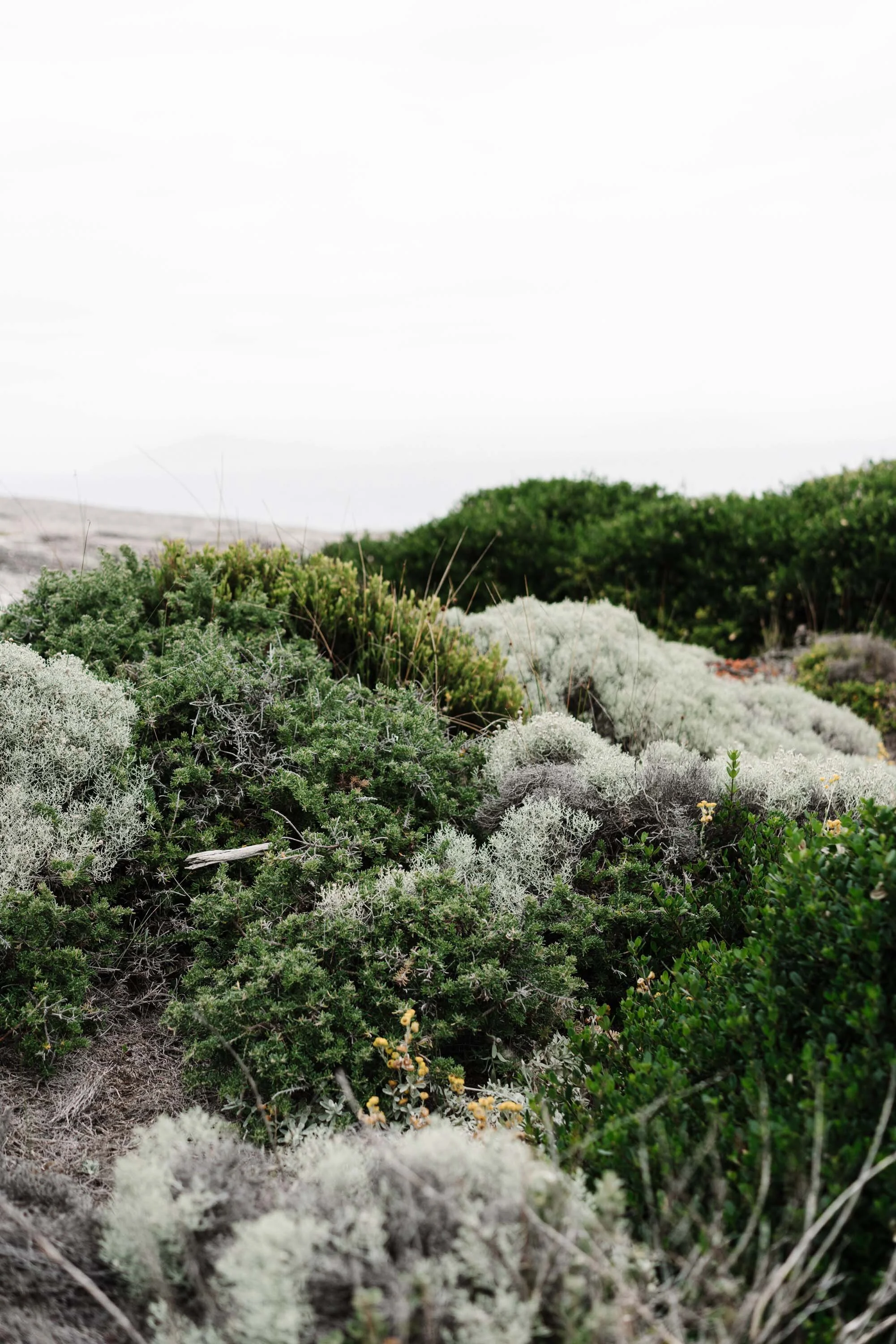How we can make an impact with money
Spending
Where are you spending your money? Are you spending with intention? Are you supporting small, local businesses, or female or diverse/minority owned companies? I just love this quote from Bea Johnson: “Every time we make a decision, we have the power to support a practice that is sustainable or one that is not.”
As part of the B Corp assessment, it asks you to delve into your suppliers and who you spend your money with. As a photographer, a lot of my expenses are with global software companies, and on hardware that may not be made particularly ethically. Now while I can’t do much about the hardware that I need to run my business, I can choose where to buy it from. So rather than purchasing directly from the manufacturer, I found a smaller, independent local business to support.
Software is much harder, but did you know that WeTransfer is a B Corp? And yesterday I switched my internet provider to Goodtel - a carbon neutral, B Corp telco that donates 50% of profits to a charity of your choice. So you help people in need and the environment - just by paying your mobile or internet bill.
Research and knowledge is key - do some digging before you next make a big purchase and find out who you can best support.
Giving
Can you pledge a small percentage of your profit each year? I joined 1% for the Planet three years ago, which supports businesses that commit to giving 1% of gross sales each year to their approved nonprofit partners. It’s a great way to connect with non-profits that align with your values, add to your brand story, and publicly show your legitimate commitment.
As part of my B Corp assessment this year, I also put in place a formal Charitable Giving Policy. This gave me clarity and structure around who I want to support, and how I can increase my impact.
Think of a cause close to your heart, or one that aligns with your business or personal values. Maybe you can collaborate with the organisation on other levels, and form an ongoing partnership. And remember, there are other ways to give than monetary - you can donate your time, give your employees time to volunteer, or donate product.
Something we all use, in business and in our personal lives is MONEY. And what a powerful statement it can make, with what we choose to do with whatever amount we have.
How we generally use money can be broken into five main areas - income, spending, banking, super and giving. Let’s dive into how we can make an impact with money.
Income
A lot of us might not think about this very often - but where is our money coming from? I mean, really coming from? Depending on the industry we’re working in, this can either be controlled by who you decide to do business with, or not so much if you’re consumer facing. If you’re a business offering a service, who are the clients paying your bills? Are they industries or businesses that are trying to improve the world, or ones that harm it?
This is one of the reasons I decided to focus my work on purpose-driven clients - I didn’t want to take money from clients who are destructive. If you can control who you work with, think about developing some screening questions to ask potential clients. I did this recently - it was super hard as categorising potential clients certainly isn’t a black and white process, but it certainly helped me to focus on who I wanted to work with (and therefore take money from).
I know it's a luxury to be able to say no to any income, especially in these uncertain COVID times. No process is perfect, but for me it's about constant refinement and improvement, and always moving towards where I want to be one day.
Banking
Do you know what your bank is using your money to fund? A lot of the time we don’t know what (this often big) pool of money is funding. Since 2008, the "Big 4" banks (Westpac, Commonwealth, NAB and ANZ) have loaned almost $19 billion to new coal and gas projects in Australia.
Until a couple of years ago, my banking wasn’t aligned with my values. When I first started thinking about doing my B Corp, I switched to Bank Australia. They are an Australian customer-owned bank (also a Climate Active B Corp) that doesn’t invest in fossil fuels, live animal exports or the arms trade (yes, other banks do!).
Find out what your bank spends your money on. And why are you with that bank? Did you choose it, or were you signed up for a Dollarmite account when you were a kid and just never changed?
Super
Australians have around AU$3.3 trillion in superannuation assets, making Australia the 4th largest holder of pension fund assets in the world.
Superannuation money is your money. It’s up to you what you invest it in. It can fund the destruction of our planet or build regimes of oppression. Or it can build renewable energy solutions, and invest in healthcare and sustainable companies.
It's so easy to stay with the first super company your first job ever signed you up to. But it's also so easy to change where your super is invested. Money talks.
I have held all my super in Australian Ethical Super since I was in my twenties, and it's one of the most well-known and well-performing ethical super funds. There are other good options around though, including specific investments within your existing fund, or Future Super is another popular one. Verve Super is Australia's first super fund tailored specifically towards women, but is still relatively new.
Take a look at your super and what your money is being invested in, and make sure it aligns with your values. Oh, and roll it all up together (think compound interest!).





